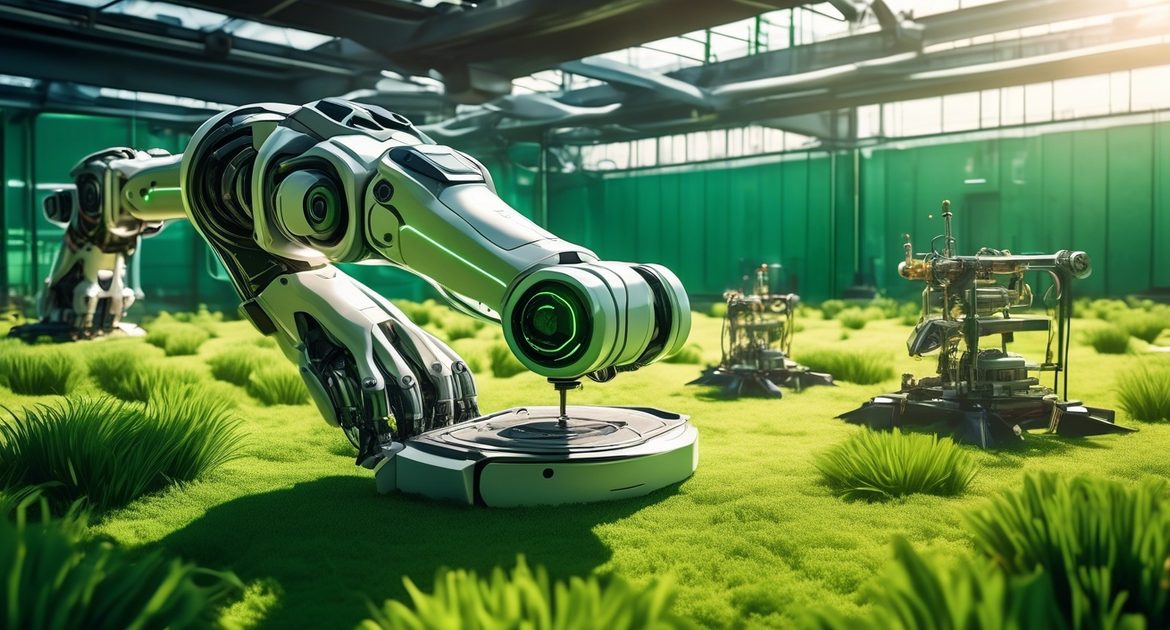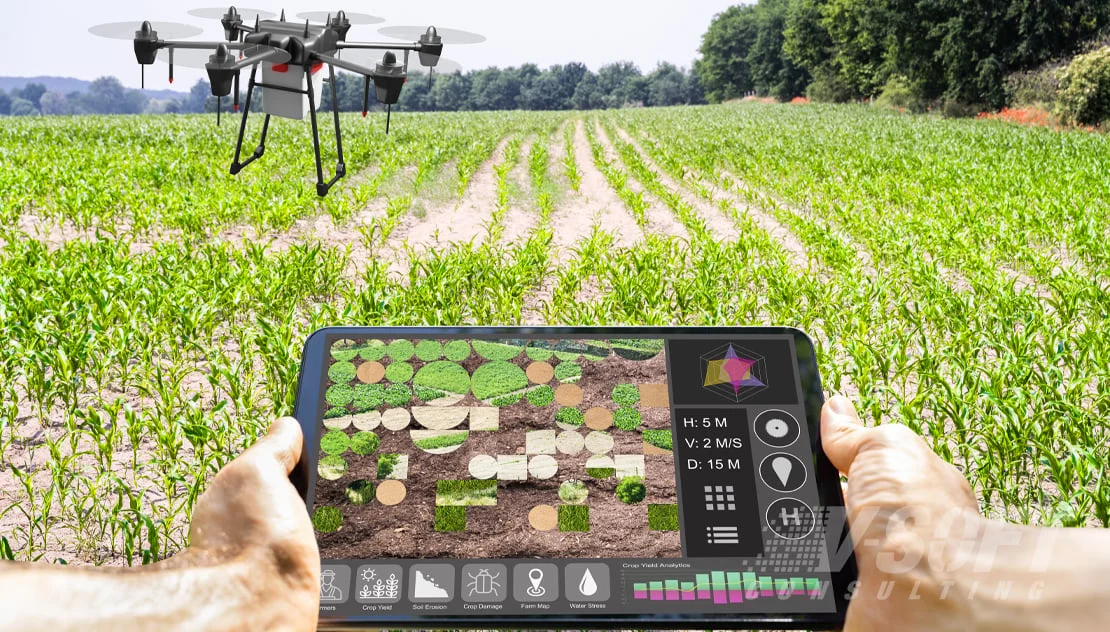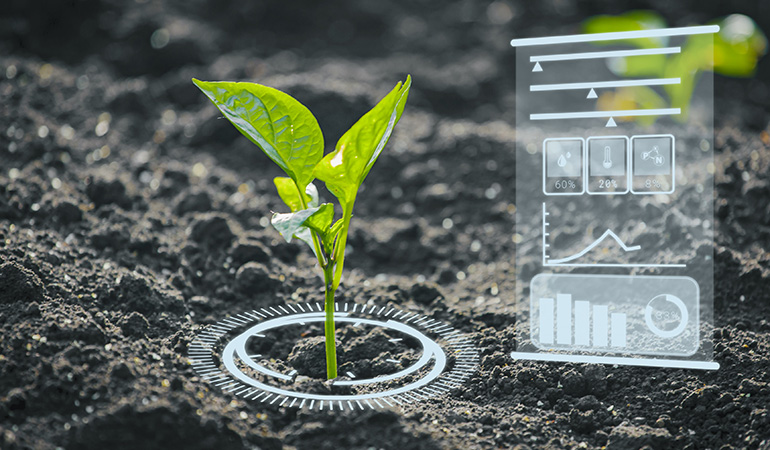Artificial Intelligence (AI) is transforming the agricultural sector by introducing smarter, data-driven approaches to farming. Understanding how AI works in agriculture helps farmers and organizations improve productivity, sustainability, and decision-making in modern farming practices.
What is AI in Agriculture?
AI in agriculture refers to using machine learning, computer vision, data analytics, and other intelligent technologies to enhance farming processes, monitor crops, manage resources, and predict outcomes for better yield and efficiency.
How AI Works in Agriculture
AI systems collect and analyze data from sources like soil sensors, drones, satellite images, and weather reports. By processing this data, AI can provide valuable insights on crop health, soil conditions, pest detection, and irrigation needs, enabling farmers to make timely and precise decisions.
Key AI Techniques Used
Machine Learning: Supports predictive analysis for crop yields, pest outbreaks, and weather impacts based on historical and real-time data.
Computer Vision: Uses image recognition from drones and field cameras to monitor plant growth, detect diseases, and assess crop maturity.
Robotics: AI-powered robots can automate tasks like harvesting, planting, and spraying, improving efficiency and reducing labor costs.
Predictive Analytics: Forecasts weather patterns, soil moisture levels, and potential risks to help farmers plan proactively.
Benefits of Using AI
AI increases crop yields, reduces resource waste, improves pest and disease management, and minimizes the environmental impact of farming. It also helps farmers optimize irrigation, fertilization, and harvesting schedules, leading to cost savings and sustainable agriculture.
Limitations to Keep in Mind
AI in agriculture depends on the availability of quality data and reliable infrastructure. Small-scale farmers may face challenges in accessing advanced AI tools due to cost and technological barriers.
Conclusion
AI is playing a vital role in shaping the future of agriculture. By combining AI-driven insights with traditional farming knowledge, the agricultural industry can improve productivity, sustainability, and food security to meet the demands of a growing global population.







Leave feedback about this